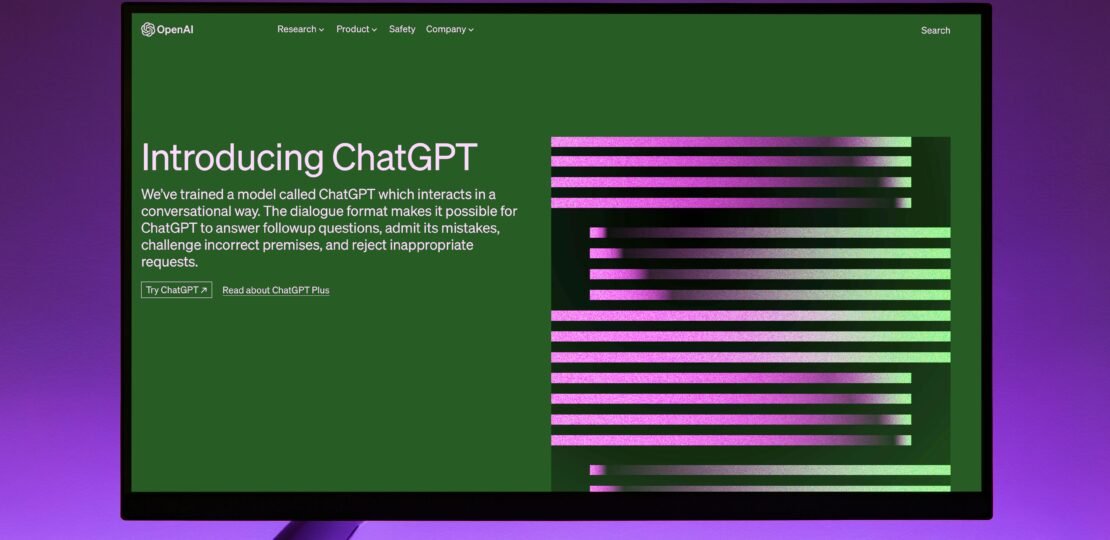AI Infrastructure Developments: OpenAI’s Stargate Project
Hello, tech enthusiasts! Welcome to this edition of TechCrunch’s AI newsletter. If you’d like to receive this directly in your inbox every Wednesday, be sure to sign up. Today, we’re diving into some exciting developments in the AI landscape, particularly focusing on OpenAI’s recent strides.
OpenAI has recently announced the Stargate Project, a significant joint venture with Japanese conglomerate SoftBank, Oracle, and other partners. This collaboration aims to build robust AI infrastructure within the U.S. The project could potentially attract up to $500 billion in funding over the next four years, marking a substantial step forward for OpenAI at the expense of its competitors.
Implications for Rivals
For rivals like Anthropic and Elon Musk’s xAI, this news may be daunting. Despite xAI’s plans to expand its data center in Memphis to 1 million GPUs and Anthropic’s recent deal with Amazon Web Services (AWS) to leverage their custom AI chips, competing with the scale of Stargate appears challenging. Even with Amazon’s vast resources backing Anthropic, reaching Stargate’s potential might be an uphill battle.
“Stargate seems poised to cement OpenAI’s incumbency in the exploding AI sector,” analysts suggest.
{Tech Industry Analysts}
The Reality of Tech Infrastructure Projects
While ambitious, Stargate is not without its risks. Past tech projects have seen lofty promises unmet — take Foxconn’s 2017 commitment to spend $10 billion on a manufacturing plant near Milwaukee as an example. However, Stargate might have a better shot due to its diverse backers and momentum: the first data center has already begun construction in Abilene, Texas, with $100 billion pledged initially by participating companies.
OpenAI: Paving the Way for Future AI
OpenAI holds a strong position with 300 million active weekly users and over 1 million businesses utilizing its services. Having been first to market in many respects, it now stands on the verge of achieving infrastructure supremacy. Competitors will need strategic acumen rather than sheer force to vie against OpenAI’s head start.
Breaking Away from Microsoft
In a notable shift, Microsoft no longer holds exclusive rights to provide data center infrastructure for OpenAI. Instead, they now possess a “right of first refusal,” indicating a more competitive landscape for AI infrastructure provision moving forward.
Perplexity’s New API Service
Elsewhere in AI advancements, Perplexity has launched Sonar, an API service allowing enterprises and developers to integrate their generative AI search tools into existing applications. This move broadens accessibility and utility of Perplexity’s search capabilities across diverse platforms.
The Pentagon’s AI Advancements
In defense news, Max covered an interview with Radha Plumb, the Pentagon’s chief digital and AI officer. She discussed how the Department of Defense uses AI for a significant strategic edge in identifying and assessing threats efficiently.
New Developments in Reasoning Models
- A math benchmark organization faced scrutiny after undisclosed funding from OpenAI was revealed.
- Chinese AI lab DeepSeek released DeepSeek-R1, claiming parity with OpenAI’s models on certain benchmarks.
- Microsoft introduced MatterGen and MatterSim—tools aimed at predicting advanced materials grounded in scientific principles.
- Google released Gemini 2.0 Flash Thinking Experimental model for improved reasoning capabilities.
- An innovative project named GameFactory showcased interactive simulations generated from Minecraft video training.
These developments underscore the rapid innovation within AI technologies and hint at a future where such advancements will increasingly integrate into various aspects of life and industry.



